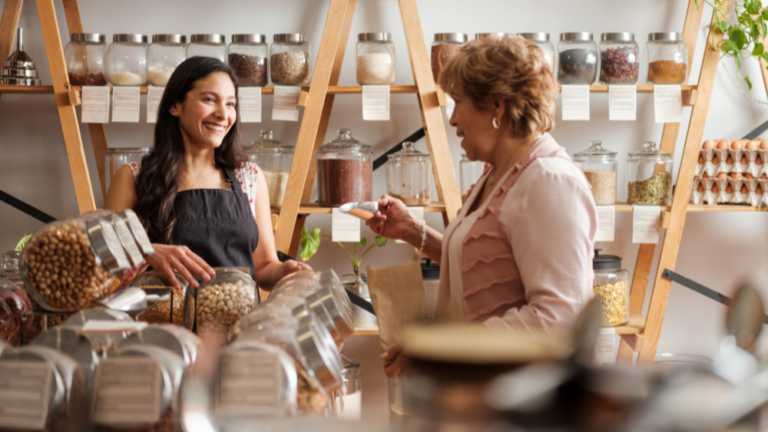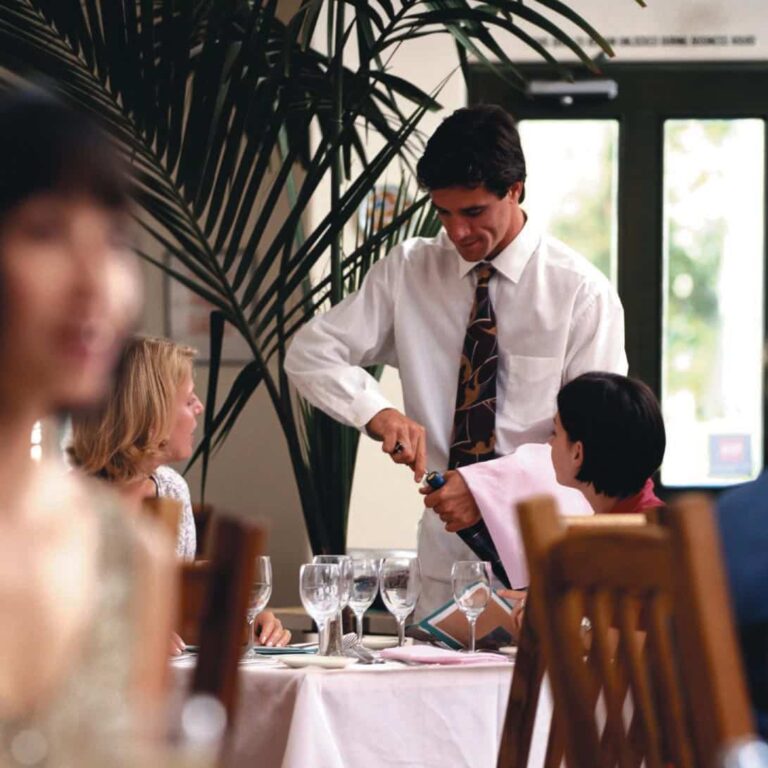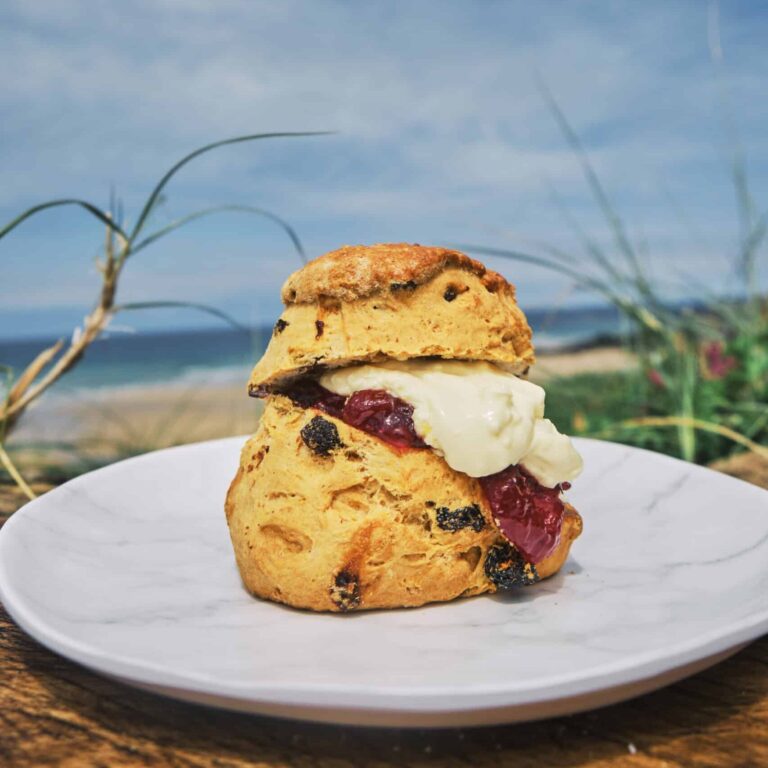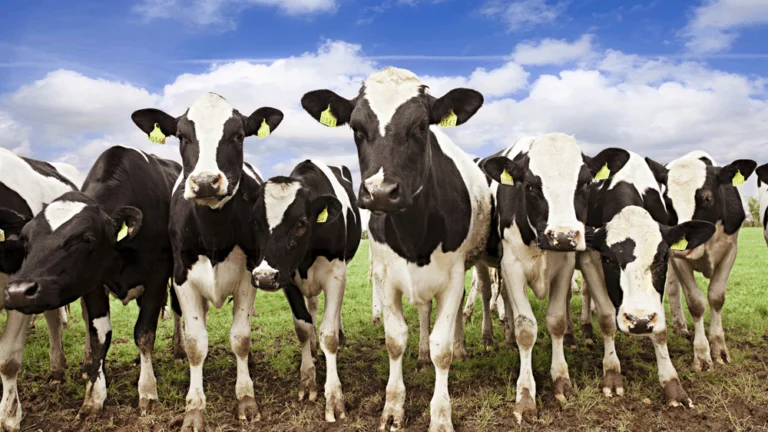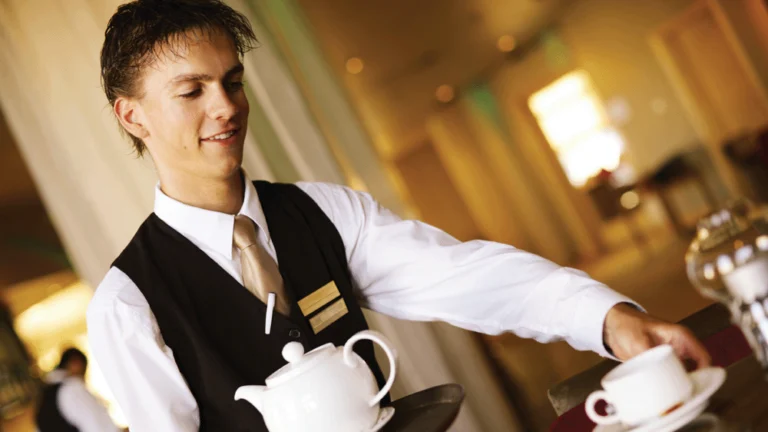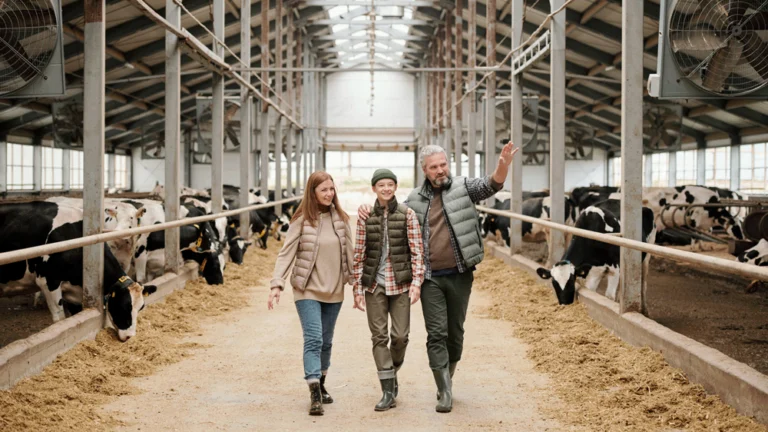
S’mores, VAT and the 'giant' marshmallow
A tale of tax from around the campfire
Recent comments made by JD Wetherspoon Chairman, Tim Martin, have added fuel to a long-burning (camp) fire by questioning the differential VAT treatment between food and drink sold in different business environments.
Supermarkets pay zero VAT in respect of food sales, whereas pubs and restaurants pay 20 per cent.
Tim Martin, Chairman of JD Wetherspoon
Whilst the technical merits of this statement may be open to challenge, a line of argument persists that restaurants and bars get a raw deal from VAT.
On face value, this is true. Supermarkets sell food (goods) subject to VAT at the prescribed rate for that specific item (often zero-rated), whilst food bought from a bar or restaurant is generally treated as a standard rated supply “in the course of catering” (services), with factors such as the temperature of the food, how the food is held out for sale and where it is consumed also determining the application of the standard rate.
It is easy to see why this would seem unfair to a restaurant or pub which buys in food for preparation mainly at the zero-rate of VAT and then is required to charge VAT at 20% on sales, including any compulsory service charge. However, VAT in the food & drink sector is not always quite as clear cut as it seems.
The case of the giant marshmallow
VAT celebrates its 50th Birthday on 1 April 2023 and much of the original legislation has been untouched since its introduction. New rulings are given by Tribunals each year that both illustrate the age of the laws and challenge the prevailing logic behind the rules. The outcomes of these cases also often serve to highlight why businesses may be confused with HMRC’s interpretation of that legislation.
A recent case involving the company Innovative Bites Ltd illustrated this point, as the Company sought to escape paying VAT of £473,000 on its “Mega Marshmallows” product. Tribunal Judge J Cannan, accepted their argument that the over-sized marshmallow product in question is held out as a product specifically for roasting, supported by its presence in the barbecue and world foods section of supermarket aisles. On that basis, he concluded that the items are an ingredient of a product requiring further preparation (‘S’mores’ an American campfire treat) and therefore VAT zero-rated and not ‘confectionary’ as with regular sized marshmallows that require VAT to be charged at the standard-rate.
Similar Tribunal proceedings are still considering the correct VAT treatment of Nakd and Organix Bar products and their definition as either confectionery or zero-rated cakes. The case brought by Morrisons supermarket for the repayment of £1.1 million in overpaid VAT reinforces the importance of VAT planning at the earliest stages of food technology development and the risk of expensive and long-running disputes with HMRC.
Be a step ahead on VAT planning
Just by looking at the examples in this article, it is clear that VAT in the food and drink sector can be a grey area but, with proper VAT planning, many of the high-profile Tribunal cases that we have seen and are likely to see going forwards, could be avoided.
If you require assistance or advice on any VAT related matter affecting your business, please do get in touch with our VAT experts or your local PKF-Francis Clark advisor.
Written by




